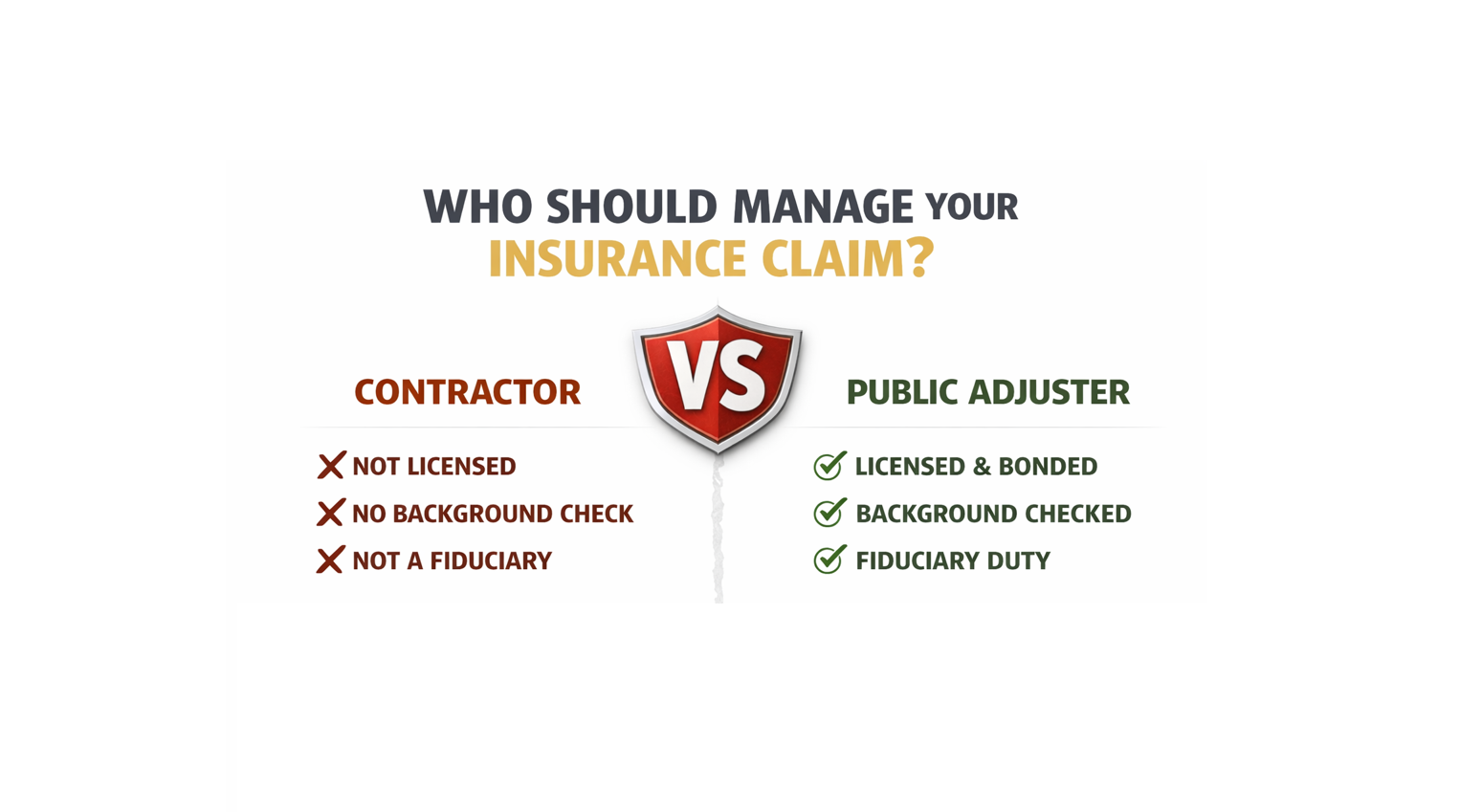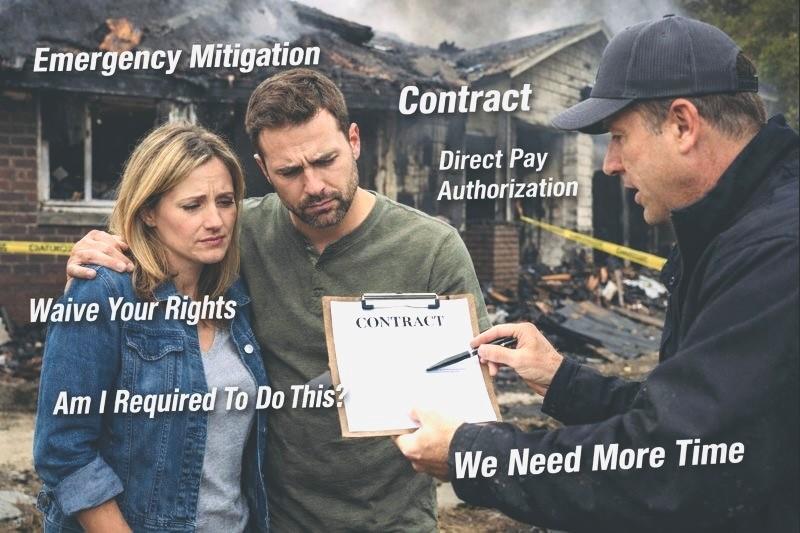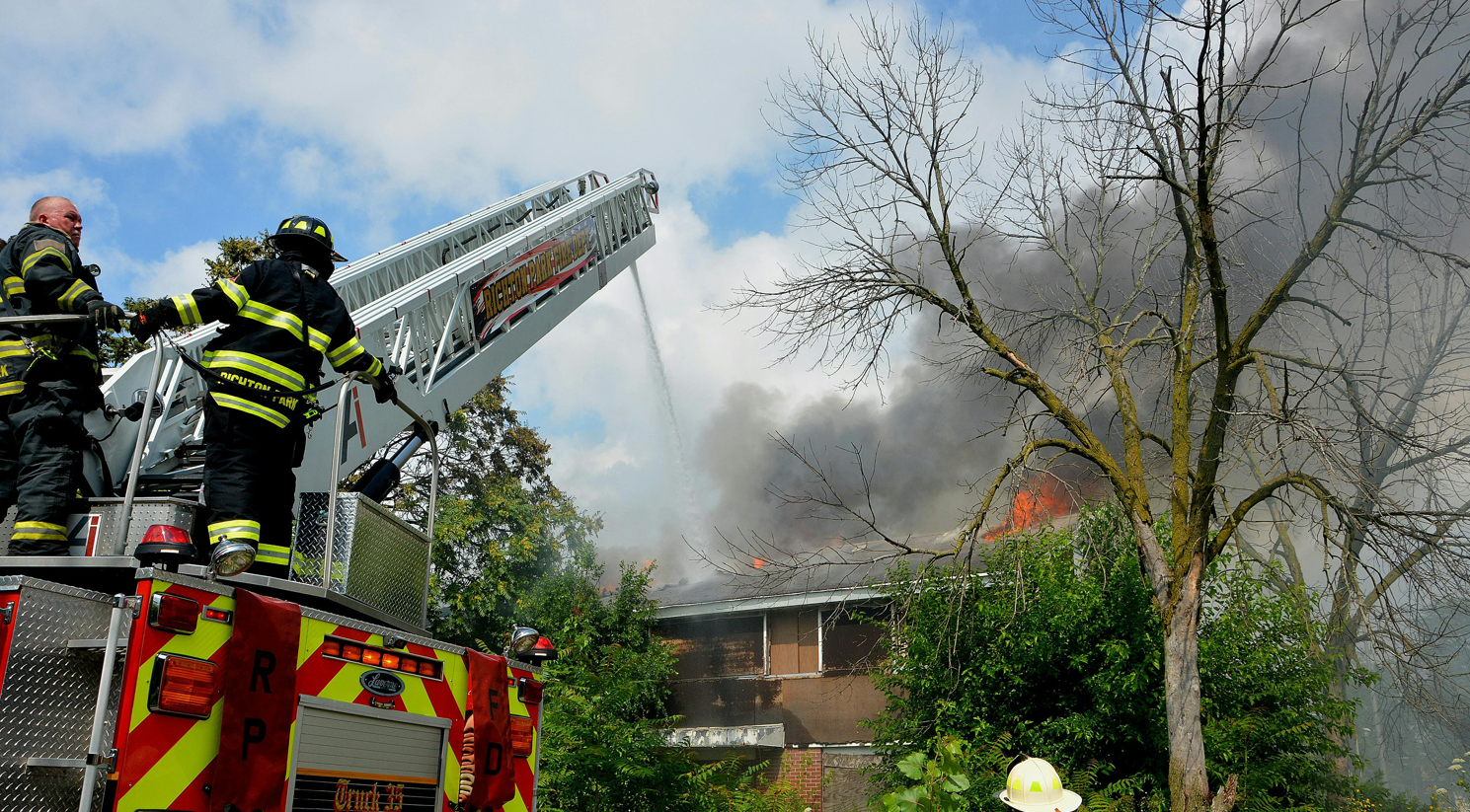The Takeaways
- Timing is crucial: The steps you take at the onset of the claim can greatly impact the financial resolution. Immediately filing a claim is not always the best course of action.
- Ensure that the suspected damage to your property is relevant to the loss at hand.
- Have a copy of your policy available for review by a Public Adjuster. He/she will check for the existence of appropriate coverage.
- Employ a licensed Public Adjuster to review the facts surrounding your loss so that an accurate recommendation can be obtained. File your claim immediately if you’re advised to do so.
Should You File?
Some folks believe that in life, timing is everything. This old mantra appears to hold true in the insurance industry as well. As severe weather seasons ebb and flow, one question that I find commercial and residential clients frequently asking is, “Should I file a claim now?” My answer is and always will be, “That depends…” There are a number of factors to consider before you grab your phone and file a claim with your insurance carrier.
My answer, “That depends”, is very quickly followed up with some additional investigative questions with the intention to find out why they think damage might have occurred, whether they have filed similar claims in the past, or if valid coverage exists on the property. Fortunately, an experienced Public Adjuster can provide an expert analysis that can prevent unwarranted claim filing; saving time and money. Filing multiple unwarranted claims can appear suspicious and can even lead to an insurer dropping your coverage altogether.
I sometimes hear roofers say, “file a claim. If you have damage, your insurance company will just tell you.”
I would never recommend that course of action. I wouldn't rely solely on the opinion of the insurance company, especially because interests don't always align. On that note, I will say this… My company recently handled a commercial roofing claim where an adjuster didn't "think the damage wasn’t bad enough to file a claim”. The customers contacted me, I investigated their loss, and within six weeks we had an agreed claim value with the insurance carrier for over $500k. Enough said.
Relevant Damage
Some insurance losses such as fires, tornados, or floods can create very obvious damage. However, storms seem to cause the most hesitation in terms of whether or not to file a claim. Storms often cause damage to roofing systems that can be difficult to detect or latent damage appears after a few seasonal thermal cycles. Even if a property owner is aware that a severe storm occurred, the average person is all but enthused at the idea of scurrying up a ladder on a Saturday to see what fate has become of their beloved real estate investment – and for those bold enough to venture onto a roof, what are they really looking at?
Contact a professional. An experienced Public Adjuster will possess the technical expertise to correctly identify damage and make you aware if it is severe enough to file a claim. Whenever I find qualifying storm damage, I always want to know – has the insured previously filed claims on this property?
Previous Claims On The Property
Fresh and relevant storm damage should be rather evident to a seasoned adjuster. With fresh and obvious damage, there is little confusion as to moving forward to assessing the policy in force. However, in some cases, a roofing system will possess storm damage that is severe enough to warrant filing a claim but it may be unclear as to how old the damage is. This occurs for three reasons:
- The client never was unaware of the existence of a previous storm that damaged the property and thus never filed a claim.
- The client is the new owner of the property and it has some previous damage.
- The client filed a claim for previous damage, collected insurance proceeds, and never made repairs.
For obvious reasons, the aforementioned issues can greatly impact whether or not a Public Adjuster would recommend the justification of filing a claim or advising against it.
Alright, we have determined that there was a storm event that occurred at a given location. We have even gone as far as to inspect the structure and determine that there is qualifying damage. Now we file the claim, right? No. What does the insurance policy cover and for what period?
Is The Loss Covered?
We have verified that there was a severe storm event. We have even verified that there is qualifying damage. However, no good comes from filing an insurance claim if no coverage exists in the first place. An insurance policy can be overwhelming and confusing to decipher. Paying your premium alone does not mean that there is coverage for a given loss.
Policy coverage periods and special policy exclusions and/or endorsements may very well be the impetus for non-payment of a claim. If a storm occurred prior to the inception of your insurance policy on your newly purchased real estate; you’re out of luck. If your policy language excludes damage by classifying it as “non-functional” or “cosmetic”; you’re out of luck. If your policy deductible is 2% of the policy limits AND your policy has a wind/hail endorsement that classifies damage as “non-functional”; well… you’re really out of luck. Certainly, you’re getting the picture as to why “That depends” is my answer to “Should I file a claim?”
Contact A Professional
When faced with an insurance loss, the steps you take at the onset of the claim can greatly impact the financial resolution. Once you've done all your homework and a professional has let you know you have a valid loss, most insurance companies require you to notify them immediately and file a claim.
A Public Insurance Adjuster has likely seen hundreds of losses and policies. You should be able to receive an astute review of the coverage and obtain a high-level plan for recovery. Because of this experience and an obligation to act ethically and solely in your best interest, a Public Adjuster can surely let you know when its appropriate to file an insurance claim; potentially saving you time, saving you money, and saving you from saying “Hold my beer…” and climbing a ladder to check out your own roofing system on a Saturday.



